
OMG My MOOD IS Up and Down Every Day!! — HELP!
The world we’re living in right now is, to put it lightly, crazy. Things seem to be shifting at a pace that’s both dizzying and exhausting. One minute, everything feels fine, and the next, you’re overwhelmed, anxious, or sinking into a fog of depression. For so many of us, the combination of global chaos, personal pressures, and the constant bombardment of stressors can make it feel like we're walking on a tightrope, constantly teetering between holding it all together and falling apart.

Quit That Job You Hate… Maybe
Are you finding yourself questioning whether you should stay in your current job? You're not alone. Deciding to leave a job is a major life decision and can be incredibly stressful. Here's a guide to help you evaluate whether it's time to move on and some practical steps to take if you decide to quit

Beyond Burnout: Understanding Workplace Trauma
We recognize burnout when we can no longer function as quickly or effectively as we once did. When we find ourselves disconnected, brain fogged, or constantly feeling stressed. The physical and emotional effects are damaging and they can impact our personal lives and relationships.
When navigating burnout, self-care and rest are often viewed as the remedy. It is placed on the individual to push through their depleted state and somehow reignite their passion.
The issue with this though is that for some, self-care alone isn’t enough to recover.

When Attachment Styles Clash: Building Bridges in Intimacy
Our intimate relationships can be a place where your deepest insecurities and relational patterns emerge. Attachment styles—your subconscious blueprint for navigating intimacy—play a significant role in how you connect with others. When attachment styles clash between partners, the result can be a dance of misunderstandings, emotional triggers, and unmet needs.

You’re in Therapy… Maybe Your Child Needs It Too
Therapy isn’t just for adults. It’s a space for growth, healing, and breaking patterns—often ones you didn’t even realize were there. That’s a powerful journey. But what about your child? The one watching, absorbing, and moving through a world that doesn’t always make space for their emotions? It’s worth asking: Do they need therapy too?

The Hidden Costs of Chasing Perfection in Love
We see them.
The flawless Instagram relationships with fairy-tale endings of curated proposals and choreographed dances at weddings. Our IG/TikTok feeds are constantly flooded with images of couple goals, perfectly timed vacations, effortless communication, and partners who seem to meet every emotional need without fail.
But is this reality?
No. I’m not a hater but I’ve seen how the neverending pursuit of a perfect love story can often leave many clients feeling disillusioned, disconnected, and unfulfilled in the relationships that they do have.

Folks, I Don’t Think This Situation Is a “Wait and It Will Resolve” Kinda Thing
I’ve been hearing a lot of folks say, “Things will work themselves out.” As if democracy is some self-cleaning oven. As if the erosion of rights, the rise in political violence, and the increasing normalization of authoritarian tactics are just phases we can ride out. I hate to break it to you, but this isn’t a waiting game. This is an all-hands-on-deck moment.

How to Hold Yourself Down in a Crisis — And Show Up for Others
Life can put you on the struggle bus. One minute, everything is smooth, and the next, you’re dodging curveballs you never saw coming. Maybe it’s a sudden job loss, a breakup that snatches the air from your lungs, or a family emergency that turns your world upside down. Whatever it is, the weight is real. And when you’re in the thick of it, the last thing you need is empty positivity or soppy advice that doesn’t hit. What you need is a way through, so let’s talk about how to hold yourself down and how to hold space for others when they’re in the trenches too.
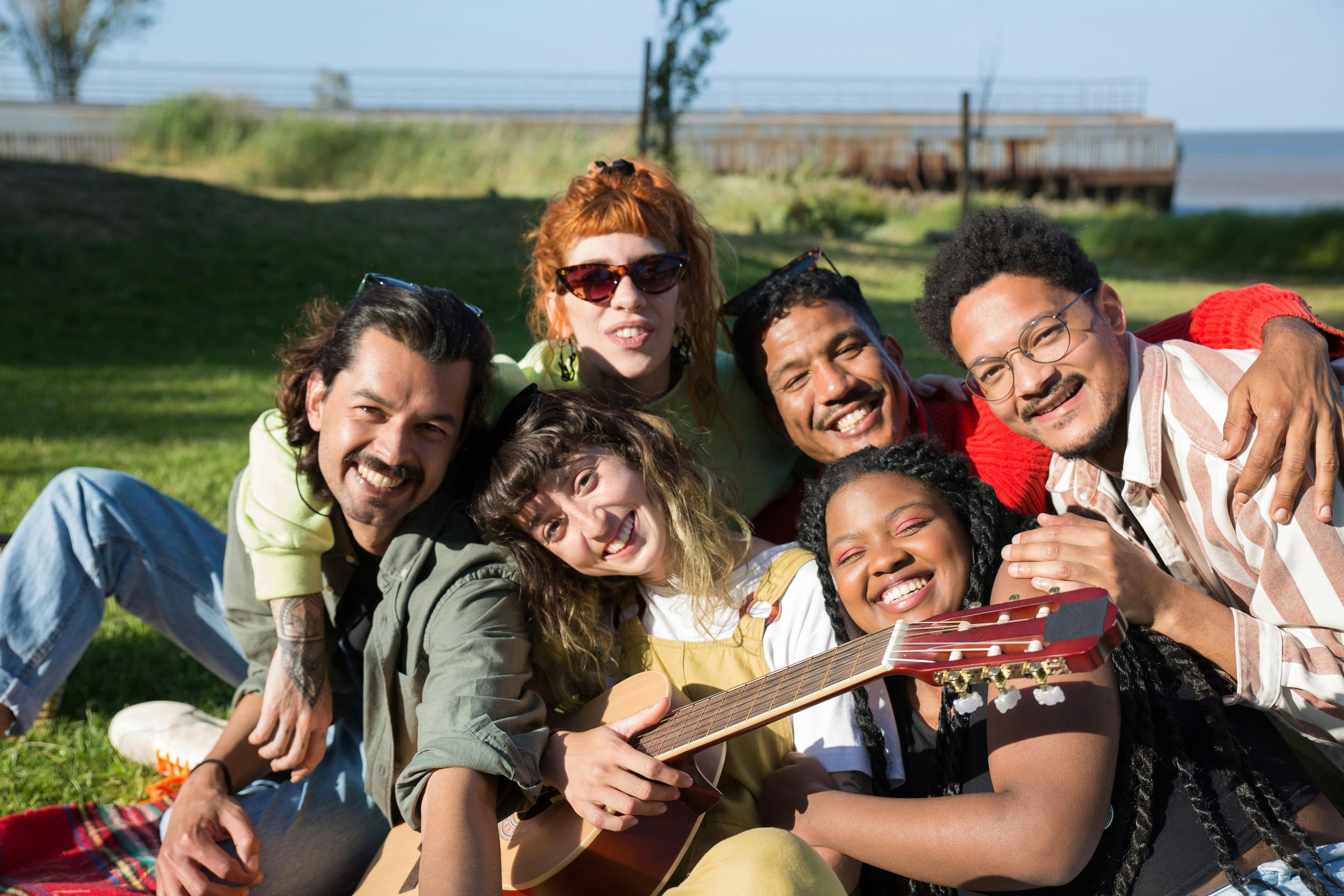
Healing the Wounds of Childhood in Your Adult Relationships
The relationships you form in adulthood are often shaped by the experiences of your earliest bonds. Childhood, with its tender moments and unspoken lessons, lays the foundation for how you navigate intimacy, trust, and emotional connection. When these early experiences involve wounds—neglect, criticism, inconsistency, or trauma—they can subtly (or not-so-subtly) influence the way you relate to others as adults.
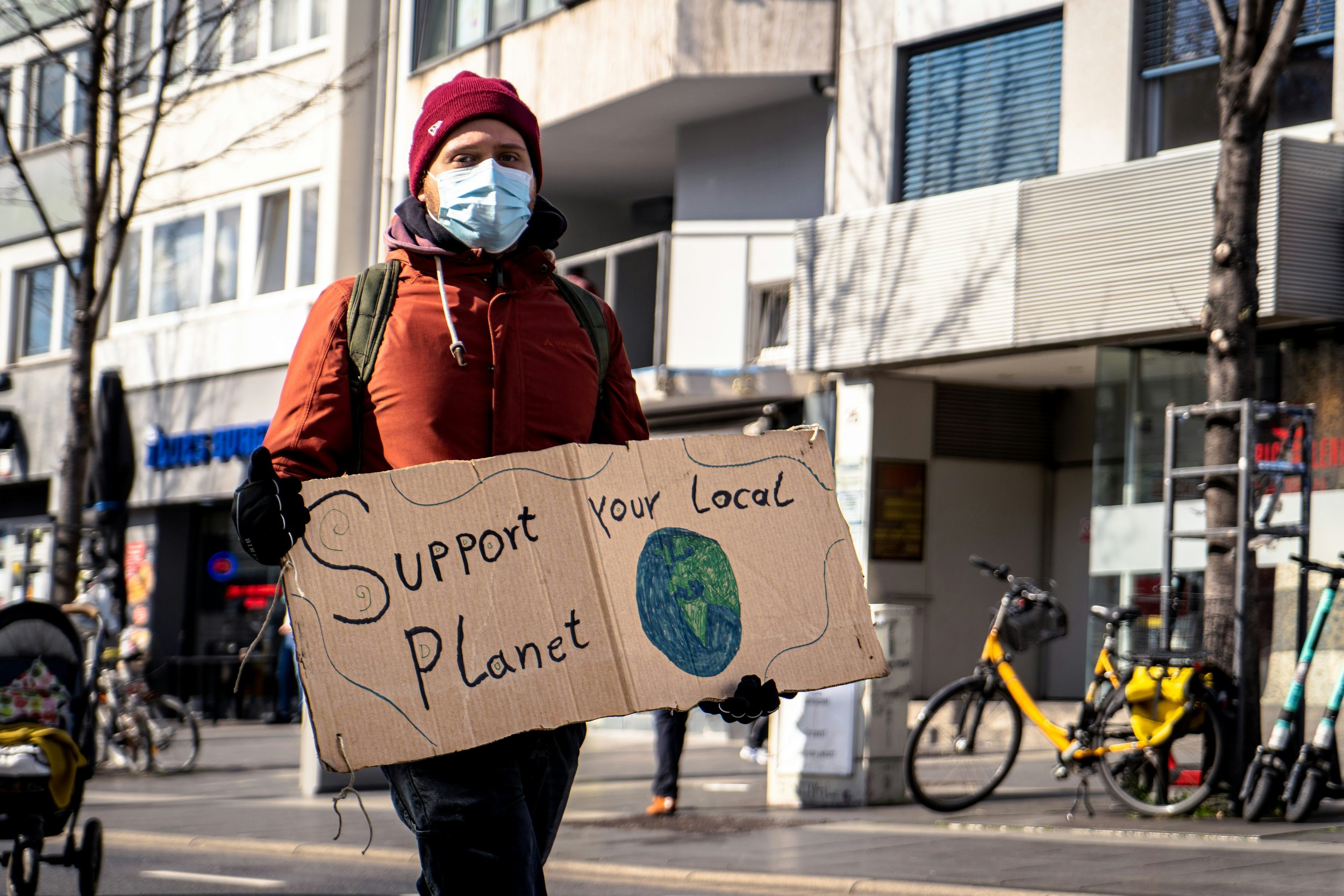
Navigating Climate Anxiety
For many of us, when we think about the future of our environment, the picture isn’t as bright as it used to be. Instead of envisioning beach vacations, new life milestones, or family gatherings, there’s a shadow looming that the physical world as we know is changing—and not for the better. Fires ravage entire countries, floods sweep away cities, our food sources are depleting, deforestation happening, drilling/fracking and the air grows heavier with pollutants. The anxiety is real, and it’s something many of us feel deeply. This phenomenon, of "climate anxiety," is becoming more widespread, particularly among younger generations who feel the weight of an uncertain future on their shoulders.
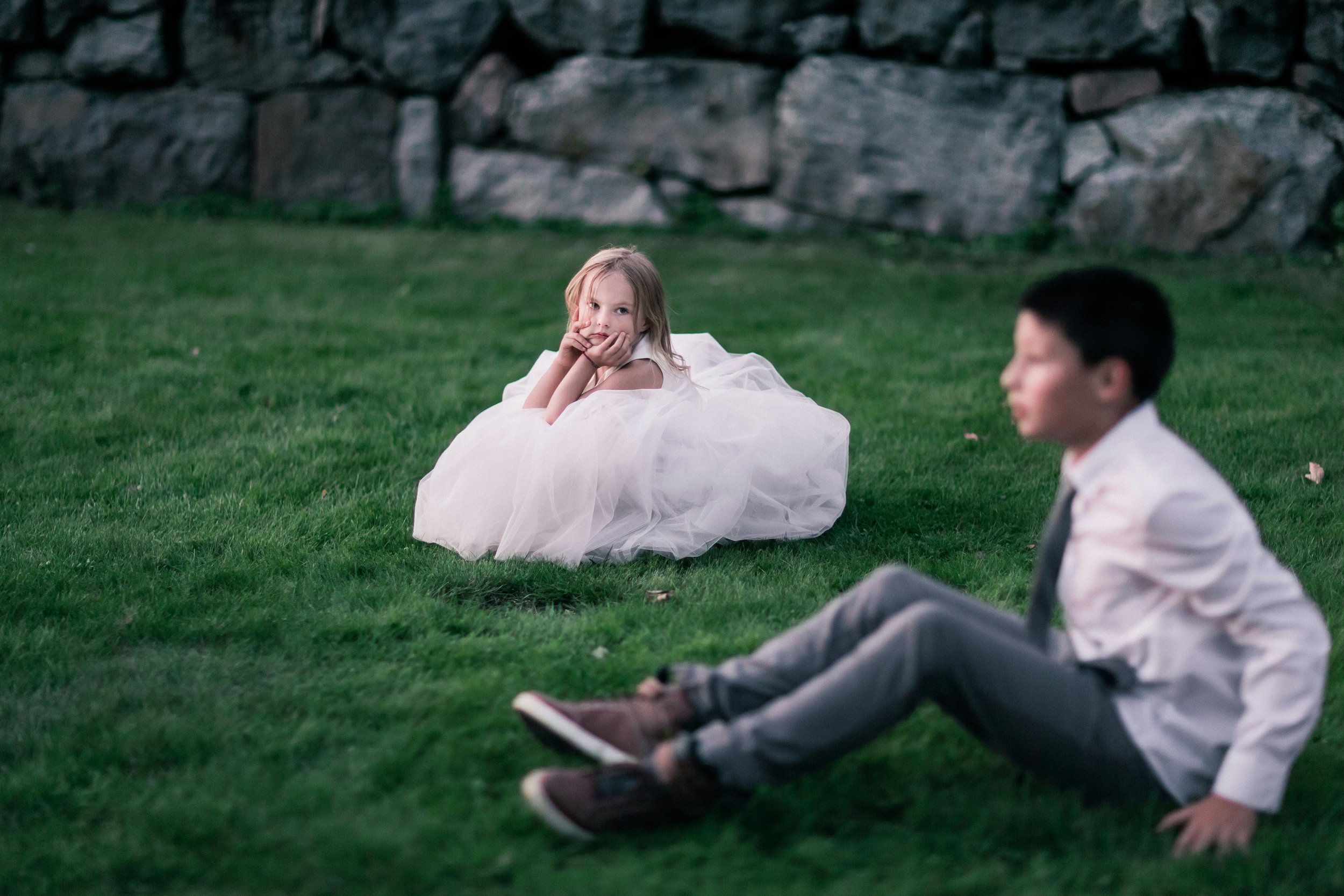
What Does Love Really Mean? A Guide to Reframing the Concept Beyond Fairytales
Love usually is misunderstood. Framed by fairytale narratives and Hollywood glamorization, you might have grown up equating love with grand gestures, ideas of soulmates, and happily-ever-afters. In our non-Hollywood everyday lives, love is less about the fireworks and more about the quiet moments of connection, commitment, and care. As they say, ‘love is a verb’ let’s explore what that looks like.
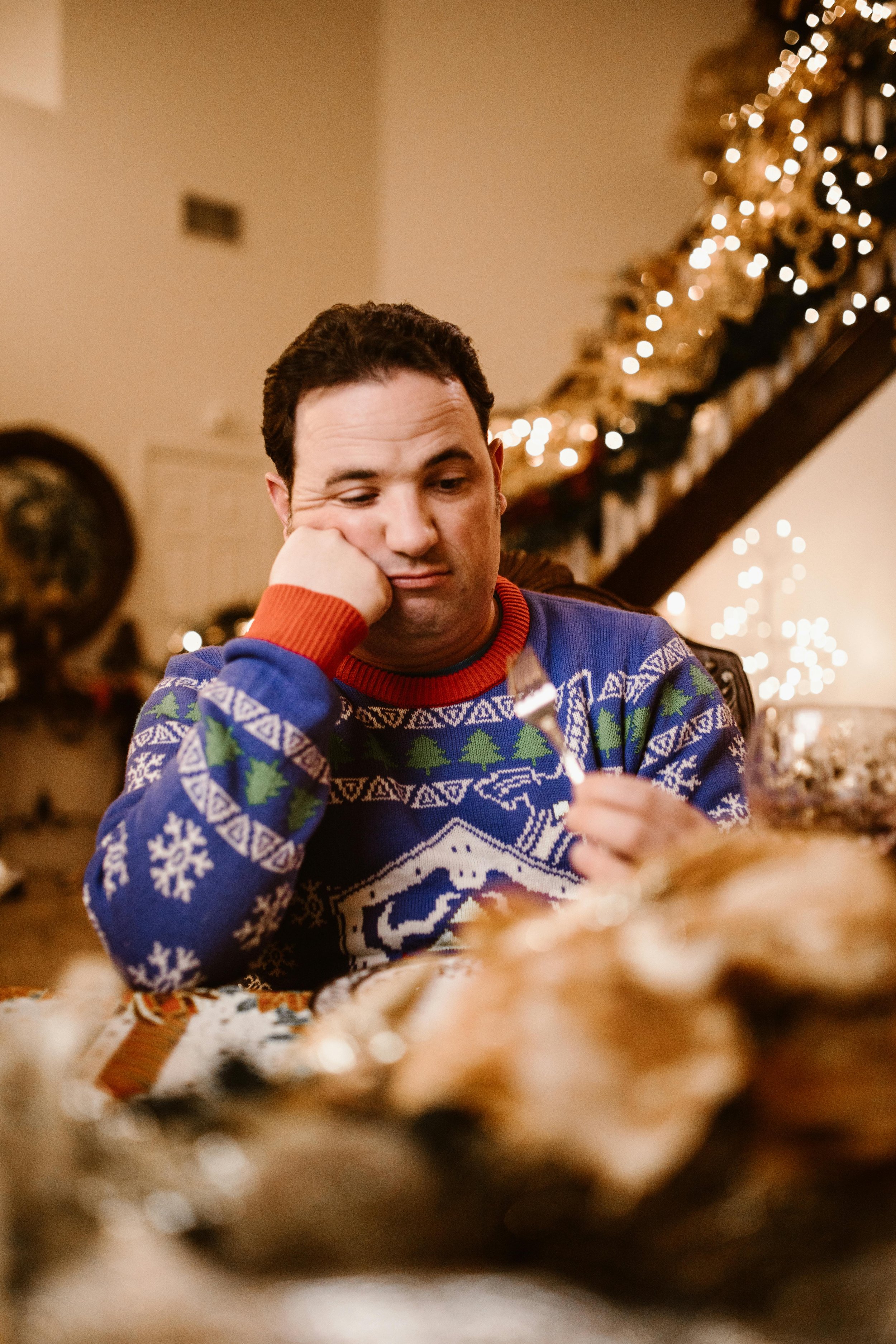
Understanding Seasonal Affective Disorder (SAD) and the Holiday Season
As the days grow shorter, many people may feel an inexplicable shift in their mood. While some of this can largely be attributed to changes in daylight, for others, it signals the onset of Seasonal Affective Disorder (SAD). SAD is more than just feeling "the end of summer/ winter blues." It’s a legitimate form of depression that can impact your daily life. As we enter the holiday season—a time often depicted as joyful and celebratory—SAD can feel even more overwhelming. It’s really important that you understand this condition, along with why it happens and how it’s influenced by more than just the weather.
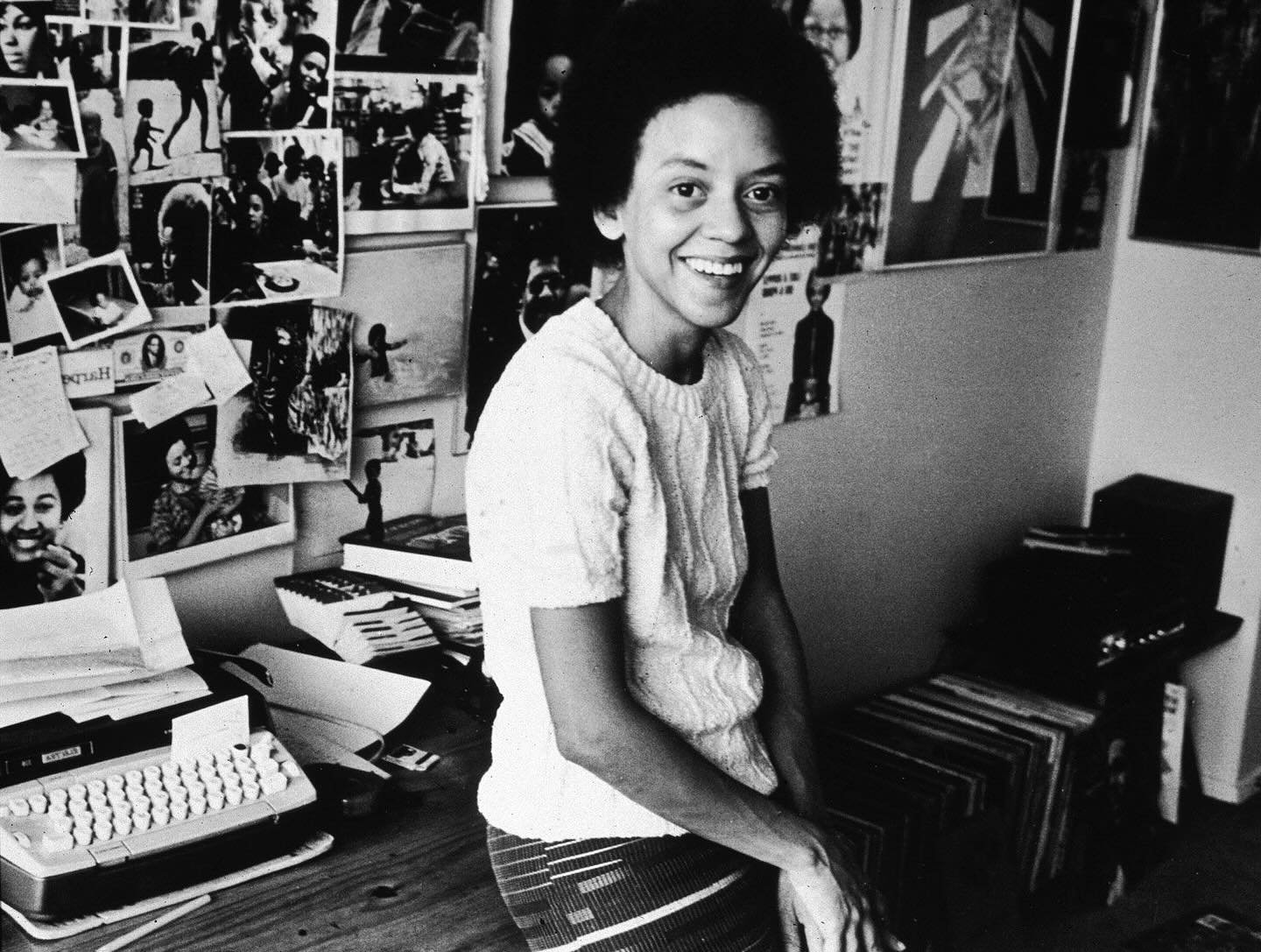
Honoring Nikki Giovanni’s Legacy of Growth and Humanity
Nikki Giovanni, a poet whose words and presence moved mountains. Born Yolande Cornelia Giovanni Jr. in 1943, she became a leading voice in Black Arts and Black Power movements. Her poems like Ego-Tripping and Knoxville, Tennessee captured the richness of Black life and imagination, blending sharp societal critique with deep personal insight. Giovanni’s book Love Poems won the NAACP Image Award, and her collection The Selected Poems of Nikki Giovanni is a testament to her range and brilliance. She wrote about love, justice, and everything in between with an honesty that resonates across generations. Nikki was also unapologetically queer, an aspect of her identity that enriched her work and underscored her courage to live authentically.

Why History Told Accurately Matters
Christopher Columbus, once regarded as a towering symbol of American heroism, is now widely recognized as a far more complicated and problematic figure. For generations, he was celebrated in the United States as the brave explorer who "discovered" America, his story woven into the fabric of national identity. However, this narrative conveniently set aside the brutal realities of colonization, disease, and devastation that followed his arrival. As more people confront the historical truths surrounding Columbus’s legacy, an important shift has begun to take place. Many are now rejecting the myths and choosing to honor Indigenous Peoples’ Day instead of Columbus Day, acknowledging the ongoing harm his legacy represents.

Redefining Success During the Holiday Season: Setting Boundaries with Family Expectations
The holiday season is often a time for you to connect with family and celebrate those familial connections with joy. However, for many of us, the holiday season can be a really stressful period, especially when it comes to the topic of family and setting healthy boundaries. In some households, setting boundaries may be really difficult. This season can challenge even the most centered among us as we navigate various struggles from your relatives’ expectations about how you “should” spend the holidays, subtle (or not so subtle) pressure to achieve certain milestones, or simply just old tensions resurfacing. This year, let’s redefine what success looks like during the holidays. It should not be based on meeting others' expectations but on staying true to ourselves.

Is It Still Important to Come Out for National Coming Out Day and Trans Remembrance Day?
I have had the privilege to witness many clients reflect on their personal journeys and support the navigation of their identities within a complex social context. Some have even asked if it is still important to come out. And “What if we live in a world where it’s okay to just be, where labels don’t need declarations and existence itself can be revolutionary?”
As a therapist, I can’t answer this but work with people to make their own determinations on what they might feel or believe given who they are, where they live, and what they understand about the world.
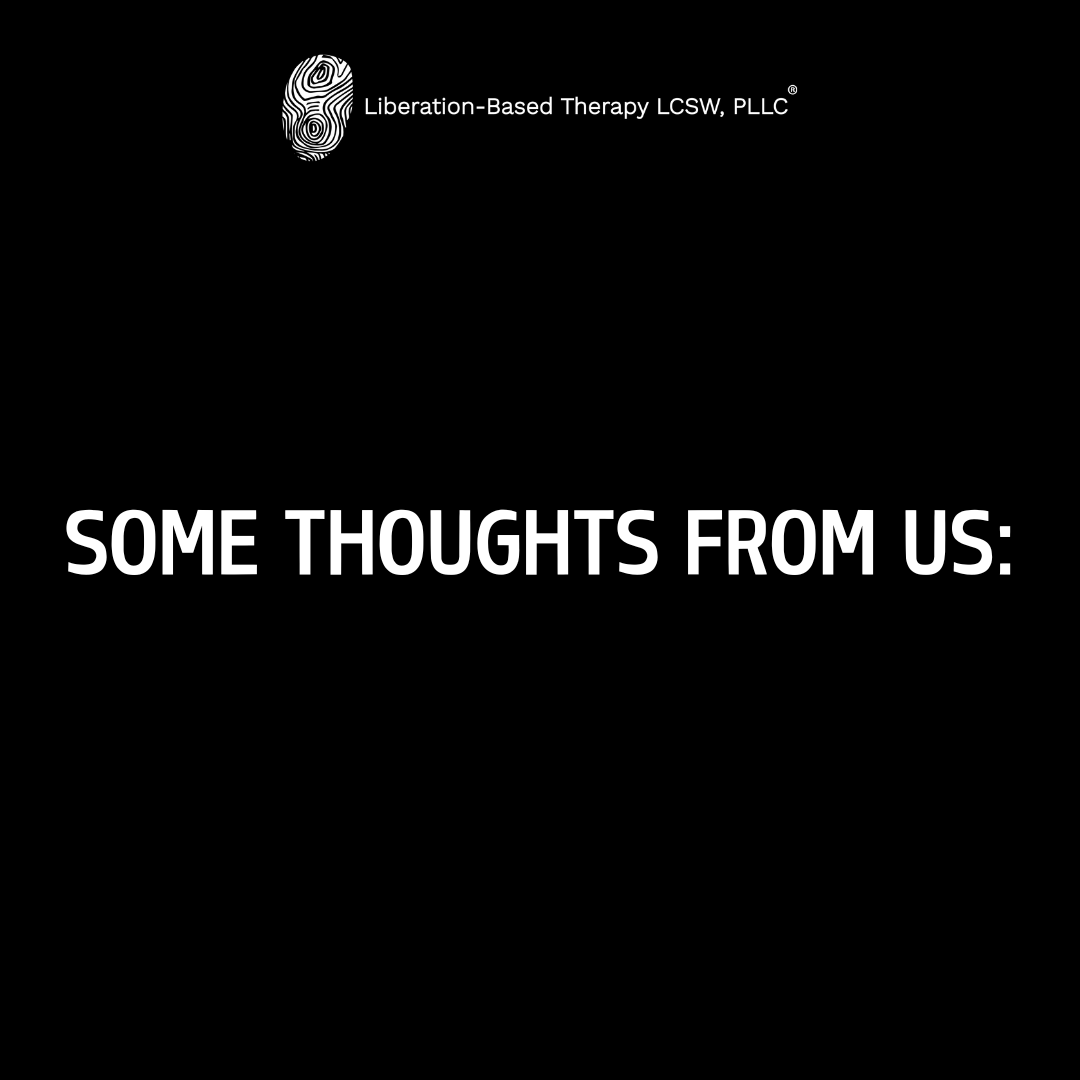
Some Thoughts from Us:
Grief is exhausting, messy, and unpredictable. It barges into your life, settles in your throat, your chest, and makes you question everything about life and love.
There’s no “right” way to grieve, no perfect advice that’ll make it less painful or fast-forward you through it. But there are several ways for you to navigate the journey, even if they’re a little clumsy or downright painful.
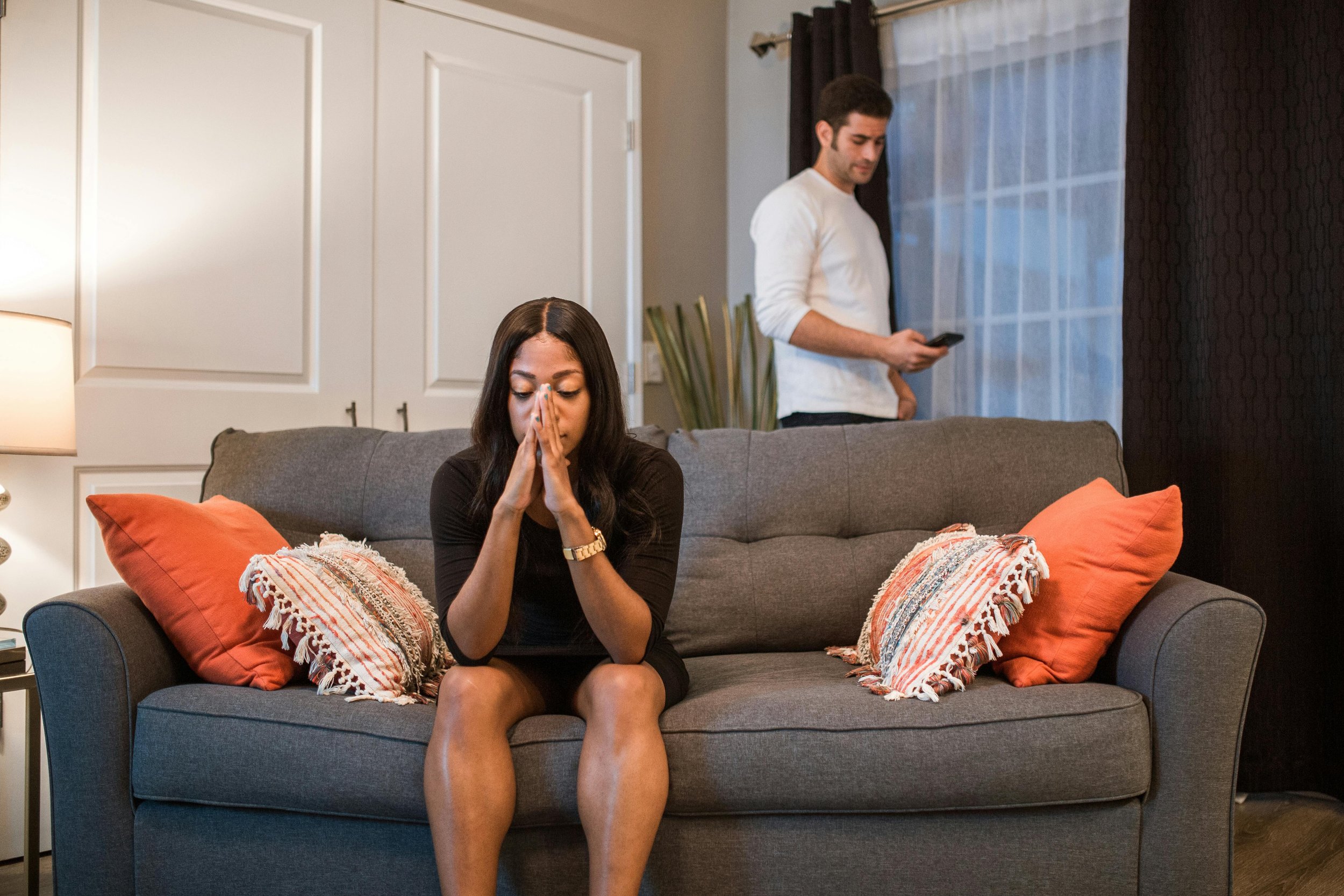
Entropy in Relationships — What is that?
Entropy in relational dynamics can be understood as the gradual breakdown of a relationship over time, especially if there is no effort to maintain or nurture it. Just as physical systems naturally move toward greater disorder, relationships—whether personal or professional—can become more disorganized or dysfunctional unless energy is put into maintaining communication, connection, and mutual understanding
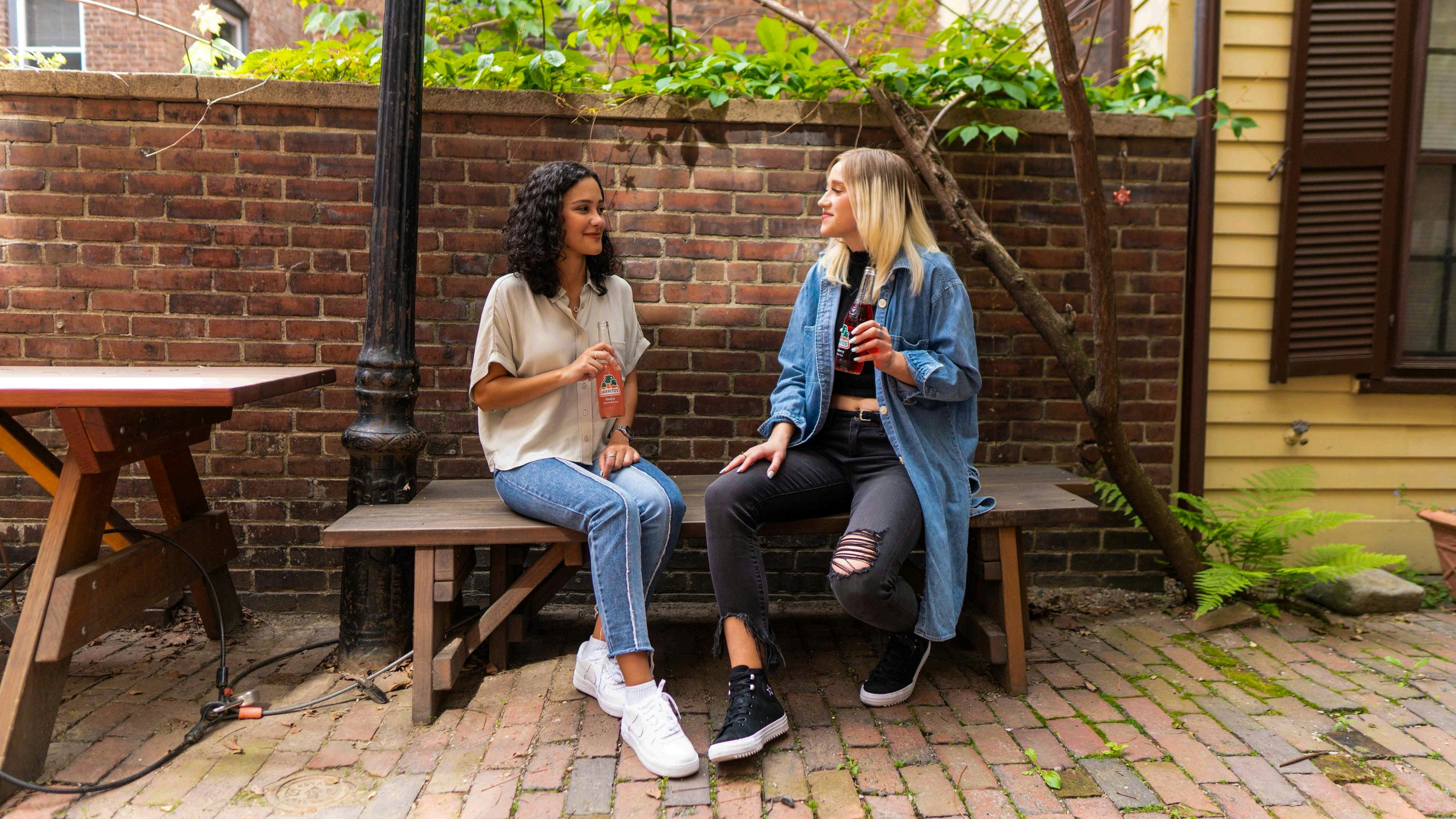
How to have Life-Affirming Conversations
I saw an IG live post from Adrienne Marie Brown talking about “soft spaces” which is more fitting sometimes than the traditional concept of “safe spaces.” Brown emphasizes that a soft space is one where we can be vulnerable, where we can share our true selves without fear of judgment. In our conversations about mental health, creating these soft spaces means fostering a space where people feel they can open up without hesitation. It’s about being genuinely present, listening with empathy, and ensuring that the person feels accepted for who they are.

Uh Oh, It's Election Season and the Holidays. I Don’t Like Any of This Sh*t. It’s Too Much. What Should I Do?
Here it is. Election season and the holidays are a toxic blend of stress and chaos. It’s a perfect storm of political ads, end-of-year pressures, and family gatherings that feel more like debates than celebrations. It’s hard enough to manage either one of these on its own, but together? Who can blame anyone for just sitting at home and watching all three seasons of Is It Cake? on Netflix. The worst part? There's no escaping it or anyone who wants to discuss it. Whether you're scrolling through your social media feed, trying to enjoy a quiet dinner or going to the grocery store…, it’s like the world is determined to drag you into the mess of thoughts and opinions on all of it.
So, what should we do when we our mental health is fraying, and there’s no way to just opt out? Here’s a few tips.
